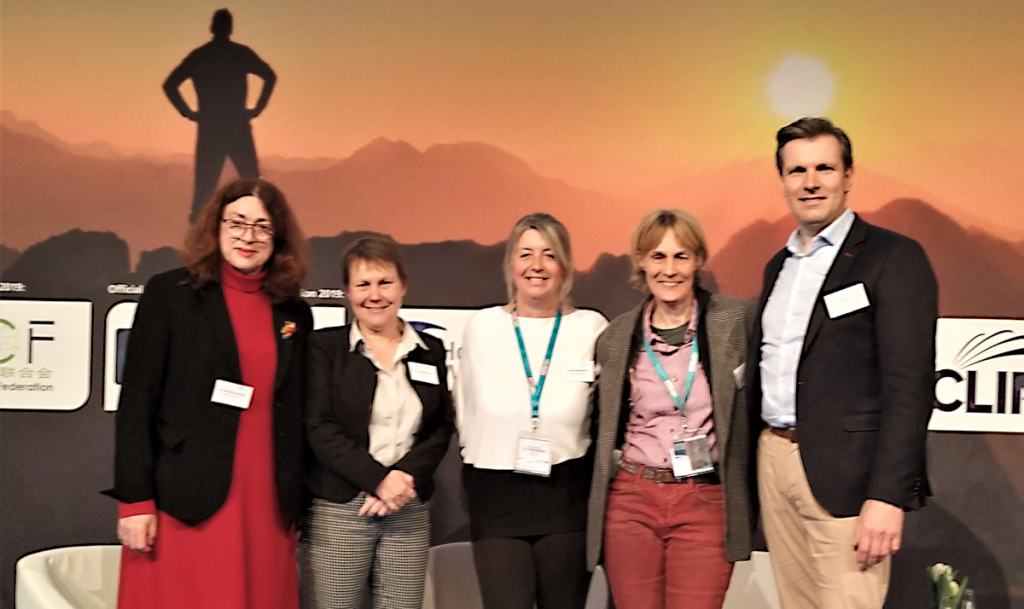Most people will by now have seen the frightening images of plastic waste in the oceans. Studies of seabirds have shown that the animals will starve to death in spite of a full stomach – however, it is filled with indigestible pieces of plastic. And we haven’t even begun getting into all the little plastic particles, which – having been grated by waves – find their way onto beaches and into the food chain. According to the Thünen Institute of Fisheries Ecology in Bremerhaven, around 85 per cent and 68 per cent of the garbage found on the seabed in the North Sea and the Baltic Sea respectively is made of plastic.
Dedicated people around the world have devised countless approaches to get the garbage out of the sea and to clean up the beaches. This is commendable, and it is an important element in keeping the issue present in the minds of the public. However, unfortunately comprehensive solutions have not been found. It is therefore important to make and use products in such a way that they don’t cause mountains of garbage and end up in the water.
TRAVELING WITHOUT PLASTICS
At the recent ITB Berlin, the world’s most important trade fair for the travel industry, I was one of the guests at a very stimulating panel discussion on exactly this topic. Next to me sat Joanne Hendrickx, founder of the initiative “Travel without Plastic”. In the past she worked for a travel agency as manager of sustainable destinations, and one day she’d had enough of all the disposable items tourists received from their hotels at the travel destinations: from individually sealed cutlery − all of it single-use − to small butter pots and the wrappers of the miniature soap bars in the bathrooms. By Hendrickx’s reckoning, a single medium-sized hotel disposes of 400,000 individual pieces of plastic waste every year − just from catering. All in all, she figures, hotels of a medium size discard just under one million plastic parts per year.

Monika Griefahn with Frauke Fischer (2. l) und Joanne Hendrickx (3. l).
In order to reduce this kind of plastic waste, Hendrickx has developed a “tool kit” as a source of ideas and guidance for hotel operators. It is also meant to address their reservations. There are, after all, a number of reasons to be skeptical of alternatives from their point of view. For instance, according to Hendrickx, they fear that switching to less packaging could lead to additional costs, health risks or overtime for employees. Joanne Hendrickx has attempted to address all these concerns in her toolkit. On her website, she writes: Hotels participating in the program to reduce plastics managed an average reduction of the material of 20 per cent. Those who applied the concept particularly rigorously achieved reductions of up to 68 per cent.
MONOMATERIAL INSTEAD OF COMPOSITE
It was my job to point out that the oceans of plastic in the seas is also a matter of how products are manufactured and applied. Be it fishing nets, flip-flops or cigarette butts, many products and packagings are used for very short periods only, in spite of the fact that they endure for much longer. Composites are also problematic, because they consist of raw materials that are virtually inseparable, rendering high-quality material recycling impossible. Products that can end up in the environment must be biodegradable, not just in countries that lack proper structures for disposal and recycling but also in the industrialised world, where they can flow into rivers or waterways. The Fraunhofer Institute has found that 70 per cent of the fine particles that end up in waterways are abrasions of tyres. It means that they too have to be biodegradable.
EVERYBODY CAN DO SOMETHING
Of course we can all contribute to solutions: hotel owners can place their use of plastics under critical scrutiny – with or without a toolbox. Consumers can voice their desire for less packaging waste in shops and hotels and also adjust their buying behavior. Lawmakers can provide effective framework conditions. Public procurers can set a good example by favouring mono materials rather than composite materials or recycled materials when acquiring supplies.
CHOCOLATE
Procurement was also the issue of focus for my second panel colleague − the biologist Frauke Fischer. Her agency evaluates ideas and projects based on their prospects for long-term sustainability. In addition to marine conservation, Fischer talked about “her” chocolate, which is produced with cocoa from Peru. The project completely pre-finances the harvest of farmers in the Urubamba Valley project and also markets the cocoa. This season, high-quality chocolate was made from it, and it must be sold now!
What was nice about the discussion at the ITB was being able to sit down with two women who have taken matters into their own hands and who are really making a difference. Their creativity should encourage all those who still hesitate.
ITB News interview with Monika Griefahn (English)
“Perú puro” cocoa project (German)
“Travel without Plastic” project(German)
 Monika Griefahn GmbH
Monika Griefahn GmbH
Leave a Reply